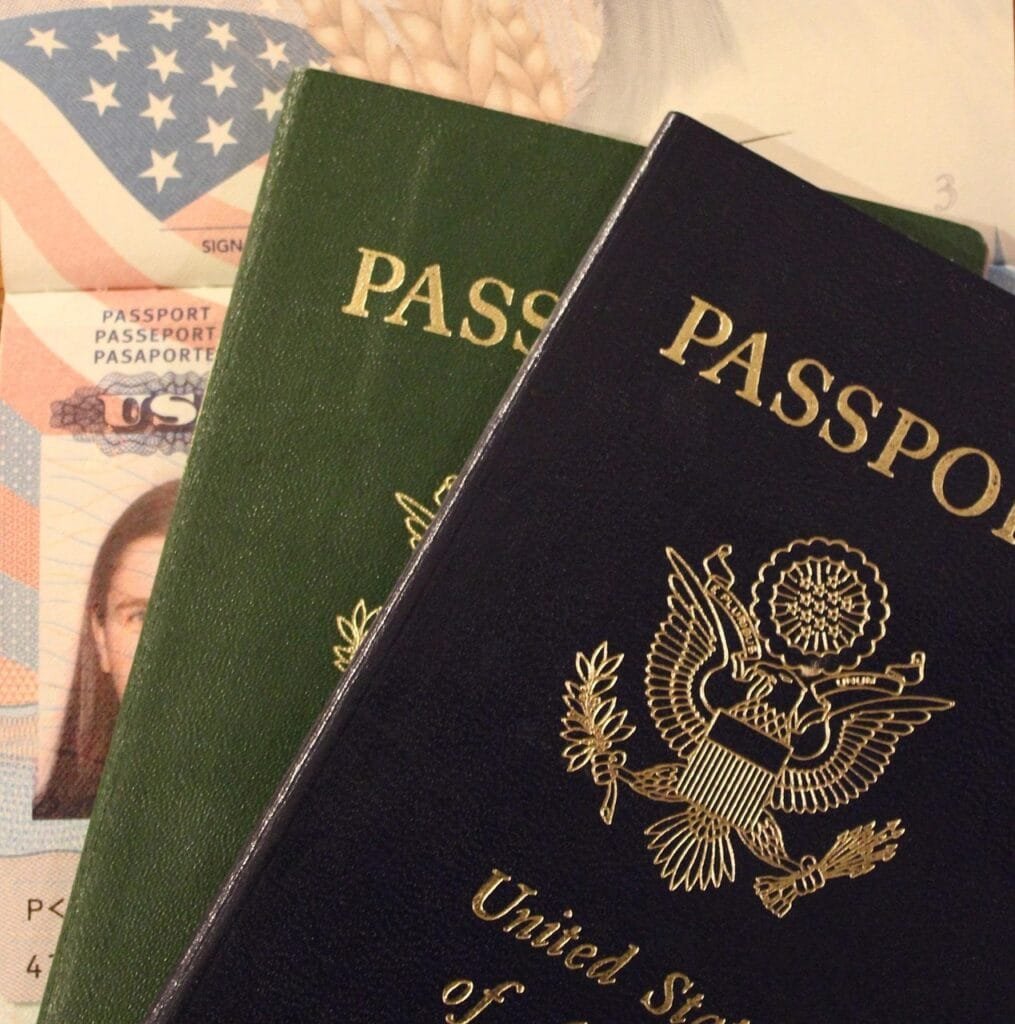Judged by People Who Know Nothing about Being Deported The sweet embrace of home—except it’s not sweet, and the embrace feels more like a chokehold. The life of a deportee, where your return to Jamaica isn’t met with open arms but side-eyes and whispers. Because, of course, if you got deported, you must have committed some horrific crime, right? That’s the logic, anyway. It doesn’t matter that you spent years grinding to survive in a foreign land, navigating immigration laws more confusing than a downtown Kingston traffic jam. Nope. The minute you step off that plane, you’re not a returning citizen—you’re a walking scandal, a wasted opportunity, a disappointment. The “You Must Be a Criminal” Narrative Let’s clear this up once and for all: not every deportee is a criminal. But that doesn’t stop people from assuming otherwise. “You get dip?” they ask, faces twisted in fake concern, but their eyes gleaming with judgment and pure nosiness. “Wah yuh do?” Because, obviously, you must have done something. Immigration laws couldn’t possibly be cruel, right? A country would never deport hardworking people for things as trivial as overstayed visas, missed paperwork, or just bad luck in an immigration system designed to weed out the ‘undesirables.’ Nope, you must have been running some massive drug ring or committing fraud. That’s the only explanation. Because in their minds, getting deported equals being a hardened criminal. Meanwhile, plenty of people get deported for technicalities, policy changes, or just sheer bad luck. But why let facts get in the way of a good judgmental gossip session? I’ve seen the common comments on social media about how could someone be in foreign so long and didn’t get papers and it’s their fault for not getting the paperwork. I can say with certainty, 5 people can apply at the same time with the same background and 2 will get through the process faster, 1 may be denied and the other 2 can be waiting 5-8 years. For the love of everything holy, stop judging peoples situations, especially when you don’t know the ins and outs of certain countries immigration system. Some people like to say “get married”. That does not help everyone, getting married to fix your status is fraudulent, your citizenship will be revoked and you’ll be deported if they find out later. Having a child during a business marriage will not help you either. Another thing to also remember, some people have a Green Card and can still be deported, it’s not always that someone has been convicted of a crime. But let know-it-alls who’ve never left Jamaica tell it, “that’s not possible, it must be something”. Wasted Opportunity? Try Surviving a System Built Against You Then comes the “yuh waste yuh chance” talk. As if surviving in a foreign country is some kind of vacation. As if you weren’t working two jobs, paying taxes, and still feeling like an outsider no matter how long you lived there. As if every day wasn’t a struggle to prove your worth to a country that never truly wanted you. And let’s not forget how people love to downplay what it takes to “make it” abroad. Rent? Sky-high. Jobs? Hard to get unless you’re willing to break your back. Racism? Immigration crackdowns? Stress? Let’s pretend those don’t exist, shall we? Because according to them, if you get sent back, it’s your fault. What Friends and Family? Family? Friends? The same people you sent money to when they called you crying about rent? Yeah, they’re all conveniently too busy now. The same people who used to beg for iPhones, sneakers, and “a small Western Union ting” are now life coaches. “Nobody forced you to go foreign, so why you complaining?” Right. Because clearly, wanting a better life or being taken there as a child makes you the villain. Meanwhile, they’re still waiting for the next family member to “try a thing” abroad so they can have a fresh sponsor for their unrealistic shopping requests. “You Can Stay Here…For a Few Nights” Here’s the real fun part—needing a place to stay. You show up at Auntie Joan’s house with a small suitcase, and suddenly, she’s talking about how “space kinda tight” while looking at her three empty bedrooms. Cousin Brian? The same one who begged you for money every Christmas? He’s ghosting your calls like you’re an overdue bill. And don’t even think about asking for a little startup loan. “Mi nuh have it right now” — says the same person who just threw a party last weekend. You start to realize that people loved you when you were abroad because you were useful. Now that you need help? Well, good luck with that. Sometimes a stranger will sooner help you than your family in Jamaica or even the ones you were forced to leave behind. Restarting in Jamaica: The Real Hustle Begins Now, here you are, back on the rock, expected to pick up the pieces while everyone watches and waits for you to fail. Job opportunities? Good luck convincing employers that deportation isn’t some kind of brand on your forehead. Support? Sparse, unless you count gossip as motivation. The truth is, restarting in Jamaica as a deportee is a different kind of hustle. You have to shake off the stigma, rebuild your life, and prove (again) that you’re worth more than people’s assumptions. And guess what? Many deportees succeed despite the odds, starting businesses, working hard, and thriving in ways the naysayers never expected. The Final Word: They Don’t Know Your Story At the end of the day, people will talk. They’ll assume, judge, and gossip. But they weren’t there when you abroad and they don’t know what you’d been through. They don’t know the sacrifices, the battles, the sleepless nights of trying to stay in a country that didn’t want you. So, let them talk. You know your story, and you know what it takes to rise again. And if they can’t see past their own



